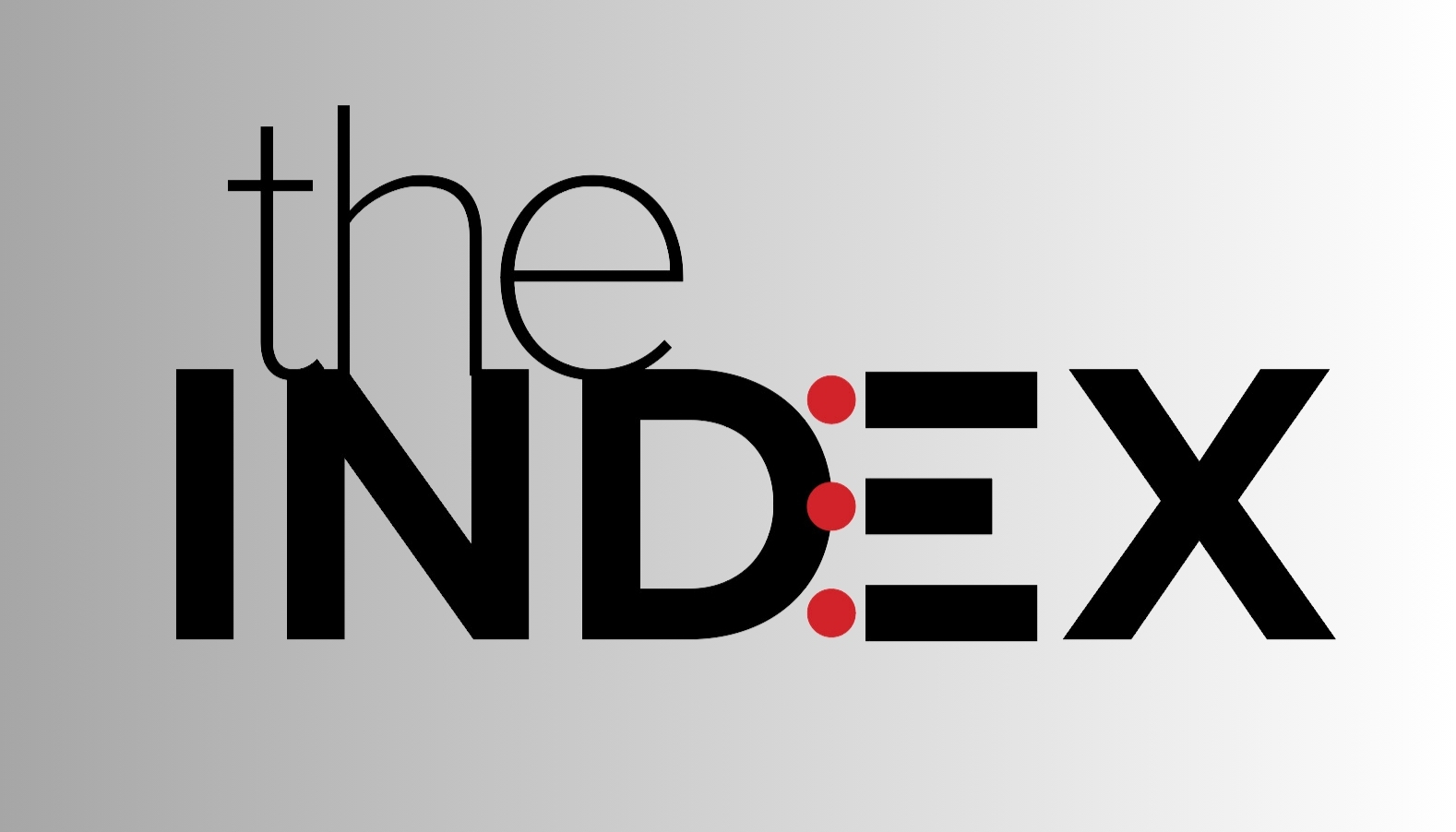PROTECT YOUR DNA WITH QUANTUM TECHNOLOGY
Orgo-Life the new way to the future Advertising by AdpathwaySep 14, 2023•

By KIM BELLARD
If you have been following my Twitter – oops, I mean “X” – feed lately, you may have noticed that I’ve been emphasizing The Coming Wave, the new book from Mustafa Suleyman (with Michael Bhaskar). If you have not yet read it, or at least ordered it, I urge you to do so, because, frankly, our lives are not going to be the same, at all. And we’re woefully unprepared.
One thing I especially appreciated is that, although he made his reputation in artificial intelligence, Mr. Suleyman doesn’t only focus on AI. He also discusses synthetic biology, quantum computing, robotics, and new energy technologies as ones that stand to radically change our lives. What they have in common is that they have hugely asymmetric impacts, they display hyper-evolution, they are often omni-use, and they increasingly demonstrate autonomy.
In other words, these technologies can do things we didn’t know they could do, have impacts we didn’t expect (and may not want), and may decide what to do on their own.
To build an AI, for the near future one needs a significant amount of computing power, using specialized chips and a large amount of data, but with synthetic biology, the technology is getting to the point where someone can set up a lab in their garage and experiment away. AI can spread rapidly, but it needs a connected device; engineered organisms can get anywhere there is air or water.
“A pandemic virus synthesized anywhere will spread everywhere,” MIT”s Kevin Esvelt told Axios.
I’ve been fascinated with synthetic biology for some time now, and yet I still think we’re not paying enough attention. “For me, the most exciting thing about synthetic biology is finding or seeing unique ways that living organisms can solve a problem,” David Riglar, Sir Henry Dale research fellow at Imperial College London, told The Scientist. “This offers us opportunities to do things that would otherwise be impossible with non-living alternatives.”
Jim Collins, Termeer professor of medical engineering and science at Massachusetts Institute of Technology (MIT), added: “By approaching biology as an engineering discipline, we are now beginning to create programmable medicines and diagnostic tools with the ability to sense and dynamically respond to information in our bodies.”
For example, researchers just reported on a smart pill — the size of a blueberry! — that can be used to automatically detect key biological molecules in the gut that suggest problems, and wirelessly transmit the information in real time.
MIT News reports:
Current techniques for diagnosing diseases inside the gut can be invasive (think of a colonoscopy or other endoscopic procedure), and can’t detect molecular biomarkers of disease in real-time. The latter is a problem because several important biomarkers are very short-lived, so they disappear before current techniques can detect them.
The pills involves engineered bacteria, electronics, and a battery (all very small, of course). When the bacteria detect the molecules it is looking for, it produces light (I kid you not), which the electronics detect and convert into a wireless signal.
“The inner workings of the human gut are still one of the final frontiers of science. Our new pill could unlock a wealth of information about the body’s function, its relationship with the environment, and the impact of disease and therapeutic interventions,” says senior author Timothy Lu, an MIT associate professor of biological engineering and of electrical engineering and computer science.
Alessio Fassano, a professor at the Harvard T.H. Chan School of Public Health, who was not involved in the research, praised the findings: “This system may represent a game changer in the management of IBDs [inflammatory bowel diseases] in terms of early diagnosis, interception of disease flareups, and optimization of a therapeutic plan.” Co-first author Maria Eugenia Inda explains: “We still don’t fully understand it [the gut] because it’s difficult to access and study. We lack the tools to explore it. Knowing more about the gut chemical environment could help us prevent disease by identifying factors that cause inflammation before the inflammation takes over.”
The authors believe the results suggest application beyond those molecules or even just the gut. Co-first author Miguel Jimenez says: “We played to the strengths of the biology and the electronics — our tiny pill shows what is possible when we can bridge bacterial sensing with wireless communication.”
We’re just getting started. Dr. Collins told The Scientist:
There are two big challenges – the first is that we still don’t have a broad set of design principles for biology – and that means that its complexity can still get in the way of our best design plans. Secondly, we still have a pretty anemic library of biological parts – to the order of a few dozen that have been reused and repurposed in the last two decades. We need to dramatically expand this toolkit through synthesis and biomining efforts.
As an example, his team engineered a bacteria that helps break down antibiotics in the gut. “By applying synthetic biology, we have designed a living therapeutic that has the potential to help counter the potential negative effects of antibiotic use,” he said.
Dr, Collings is a big believer not only how synthetic biology can help improve our health but also elsewhere: “I think the idea of applying engineering principles to living systems that have evolved over billions of years can provide humanity with a real edge to counter some of the existential challenges we’re facing.”
But, of course, these blessings come with a curse. Add the option of engineering our own bodies, and the implications grow. Mr. Suleyman writes: “As people increasingly take power into their hands, I expect inequality’s newest frontier to lie in biology.” Some will try to alter their DNA, others will augment themselves — and some will try to harm others.
Since many of the synthetic biology techniques have become “democratized,” as some experts fear, creating pathogens becomes too easy – especially if aided by AI. “Even relatively mild pandemic viruses can kill more people than any nuclear device,” writes Dr. Esvelt.
The possibilities of synthetic biology – and AI, quantum computing, and others – are endless. So are the dangers.
————
I’ll leave you with two of Mr. Suleyman’s cautions:
- “But we are entering a new era where the previously unthinkable is now a distinct possibility.”
- “When it comes to technology that could radically extend human life span or capabilities, there clearly has to be a big debate from the get-go about its distribution.”
We need to be thinking that unthinkable, and having that debate.
Kim is a former emarketing exec at a major Blues plan, editor of the late & lamented Tincture.io, and a regular THCB contributor.


 7 months ago
89
7 months ago
89

















 English (US) ·
English (US) ·  French (CA) ·
French (CA) ·